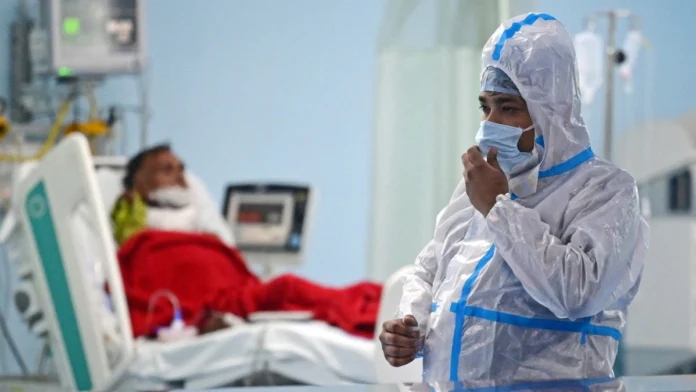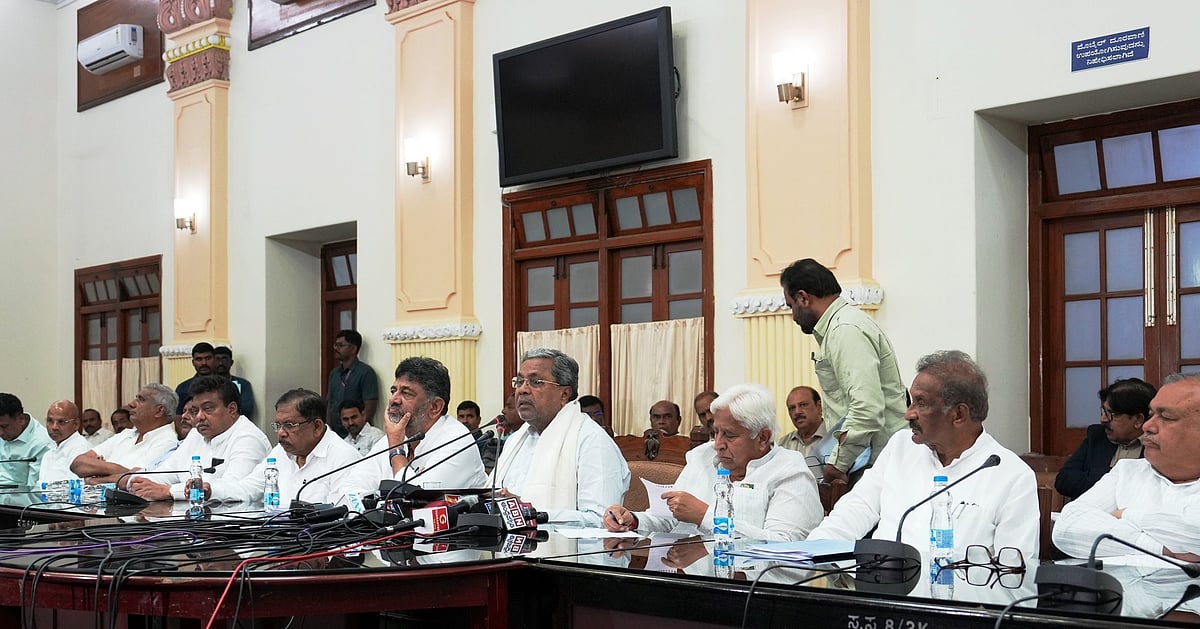In a bold move, the Karnataka government has announced the formation of a Special Investigation Team (SIT) to probe alleged irregularities amounting to ₹7,223 crore in COVID-19 relief funds. The scandal, which has sent shockwaves across the state, centers on the mismanagement and possible embezzlement of public funds meant to address the health crisis during the pandemic. The formation of the SIT has raised several questions about governance, accountability, and transparency during a time when people were grappling with unprecedented challenges.
But the big question is: Why now? Why has it taken so long for these irregularities to come to light, and what does this mean for those involved in the management of these funds?
What Led to the Formation of the SIT?
The SIT formation follows several months of growing concerns and allegations that COVID-19 relief funds were misappropriated. Reports began surfacing about inflated procurement costs, irregularities in hospital management, and funds disappearing without clear documentation. Amid rising public outrage and opposition demands for a thorough investigation, the government finally gave in and ordered a probe to be led by a dedicated Special Investigation Team.
Basavaraj Bommai, Karnataka’s Chief Minister, has assured the public that the SIT will carry out a detailed investigation to determine how ₹7,223 crore was utilized and if any criminal activities were involved in diverting or embezzling these funds.
This is a welcome step in holding officials accountable, but the timing raises eyebrows. Many are asking: Why was this allowed to fester for so long? Shouldn’t there have been stricter checks and balances during the pandemic when public funds were critical to saving lives?
Where Did the ₹7,223 Crore Go?
The massive sum of ₹7,223 crore was allocated by both the central and state governments to tackle the COVID-19 pandemic in Karnataka. This fund was intended for various critical aspects of pandemic management, such as:
- Purchasing medical supplies including Personal Protective Equipment (PPE) kits, masks, and ventilators.
- Setting up COVID-19 care centers and quarantine facilities.
- Providing relief funds to vulnerable populations and daily wage earners who were severely impacted by lockdowns.
- Increasing healthcare infrastructure, such as adding ICU beds and upgrading hospital facilities.
However, allegations suggest that many of these initiatives were either mismanaged or inflated to create opportunities for financial fraud. There were also reports that some hospitals received funds but did not utilize them for the intended purposes, leaving patients without adequate care during critical periods of the pandemic.
How Deep Does the Corruption Go?
The SIT will likely focus on several key areas, including procurement fraud, inflated billing, and misallocation of relief funds. Early reports suggest that certain officials may have taken advantage of the chaos surrounding the pandemic to manipulate supply contracts, overcharge for services, or divert funds to unrelated projects.
Procurement Scandals: Inflated Costs and Fake Supplies?
One of the most glaring issues that will likely be investigated is the procurement of medical supplies, such as masks, ventilators, and PPE kits. It has been alleged that government contractors inflated the cost of these essential items by as much as 50%, leading to a massive financial drain.
In some instances, low-quality supplies were provided at the same inflated prices, putting the lives of frontline healthcare workers at risk. There are even rumors that fake medical supplies were distributed to hospitals in rural areas, exacerbating the already dire situation.
Mismanagement of Healthcare Facilities
Another area of concern is the management of COVID-19 care centers and hospitals. Allegations have surfaced that many hospitals that received government funds to upgrade their infrastructure or increase bed capacity did not actually implement the necessary changes. As a result, during critical peaks of the pandemic, hospitals were overwhelmed, leading to countless deaths that could have been avoided.
In some cases, funds were allocated for ICU beds and ventilators that never materialized, forcing families to scramble for resources on their own. The SIT will also likely investigate whether ghost facilities—centers that existed only on paper but received full funding—were involved in siphoning off public money.
Who is Responsible?
The big question remains: Who will be held accountable for this mess? The SIT will undoubtedly be looking at government officials, contractors, and healthcare administrators who had control over the funds during the pandemic.
Several opposition leaders have already started pointing fingers at key officials in the health and finance departments, suggesting that these individuals either directly participated in the fraud or turned a blind eye to the malpractices happening under their watch.
But here’s where it gets tricky: Will the SIT’s findings be enough to bring those responsible to justice? Or will it simply be a political smokescreen meant to placate the public while protecting key players behind the scenes?
Why Did It Take So Long for the Government to Act?
Despite growing allegations over the past year, the government was slow to act in ordering an investigation. Many believe this delay allowed the corruption to deepen, making it even harder to trace the missing funds. The timing of the SIT formation has left many questioning whether this is a genuine attempt to uncover the truth or a political maneuver to shift blame ahead of upcoming elections.
Critics of the Bommai government have accused it of mishandling the pandemic from the start, with poor resource allocation and a lack of transparency. This investigation may be seen as too little, too late for many who have lost loved ones due to the mismanagement of healthcare resources during the pandemic’s most critical moments.
What Happens Next?
As the SIT begins its investigation, the public trust in government institutions is at an all-time low. Karnataka’s ability to handle crises has been severely questioned, and this scandal only adds to the mounting pressure on the current administration.
The SIT’s findings will have far-reaching implications not just for the Bommai government but for the entire political system in Karnataka. If it is revealed that key officials were involved in siphoning off public funds during one of the worst health crises in modern history, the political fallout could be devastating.
Conclusion: Will Justice Be Served?
The formation of the SIT is a crucial first step in addressing the ₹7,223 crore COVID-19 irregularities that have tarnished the state’s response to the pandemic. However, it remains to be seen whether this investigation will bring the culprits to justice or simply become another chapter in Karnataka’s long history of political scandals.
For the people of Karnataka, especially those who lost family members due to the lack of medical resources during the pandemic, the hope is that the SIT will not only expose those responsible but also ensure that such a tragedy never happens again.


